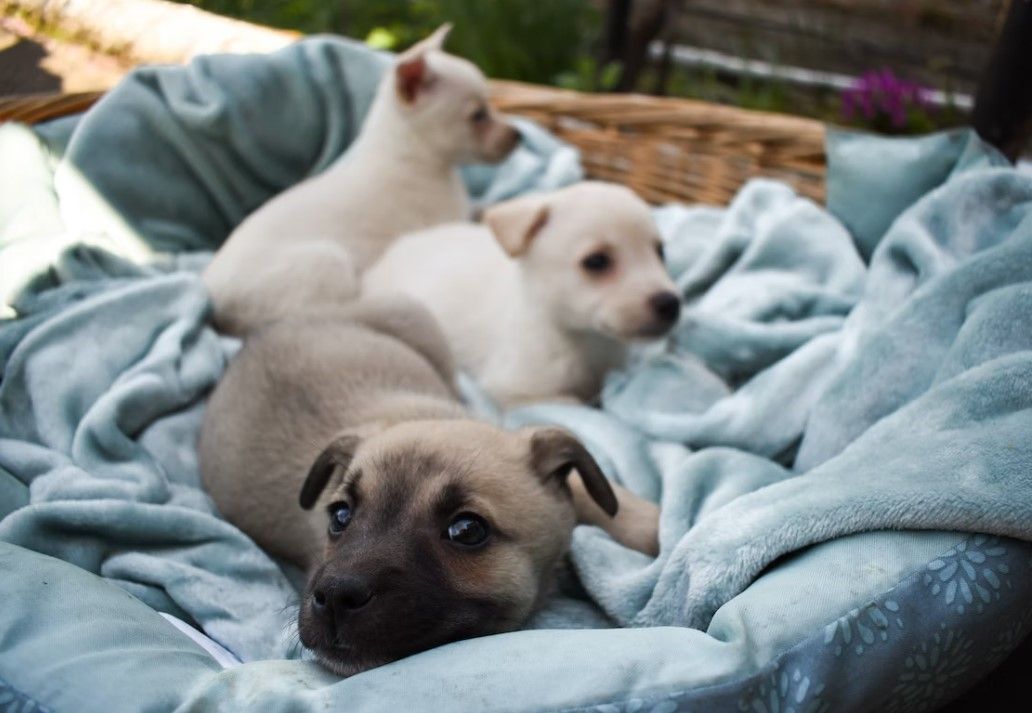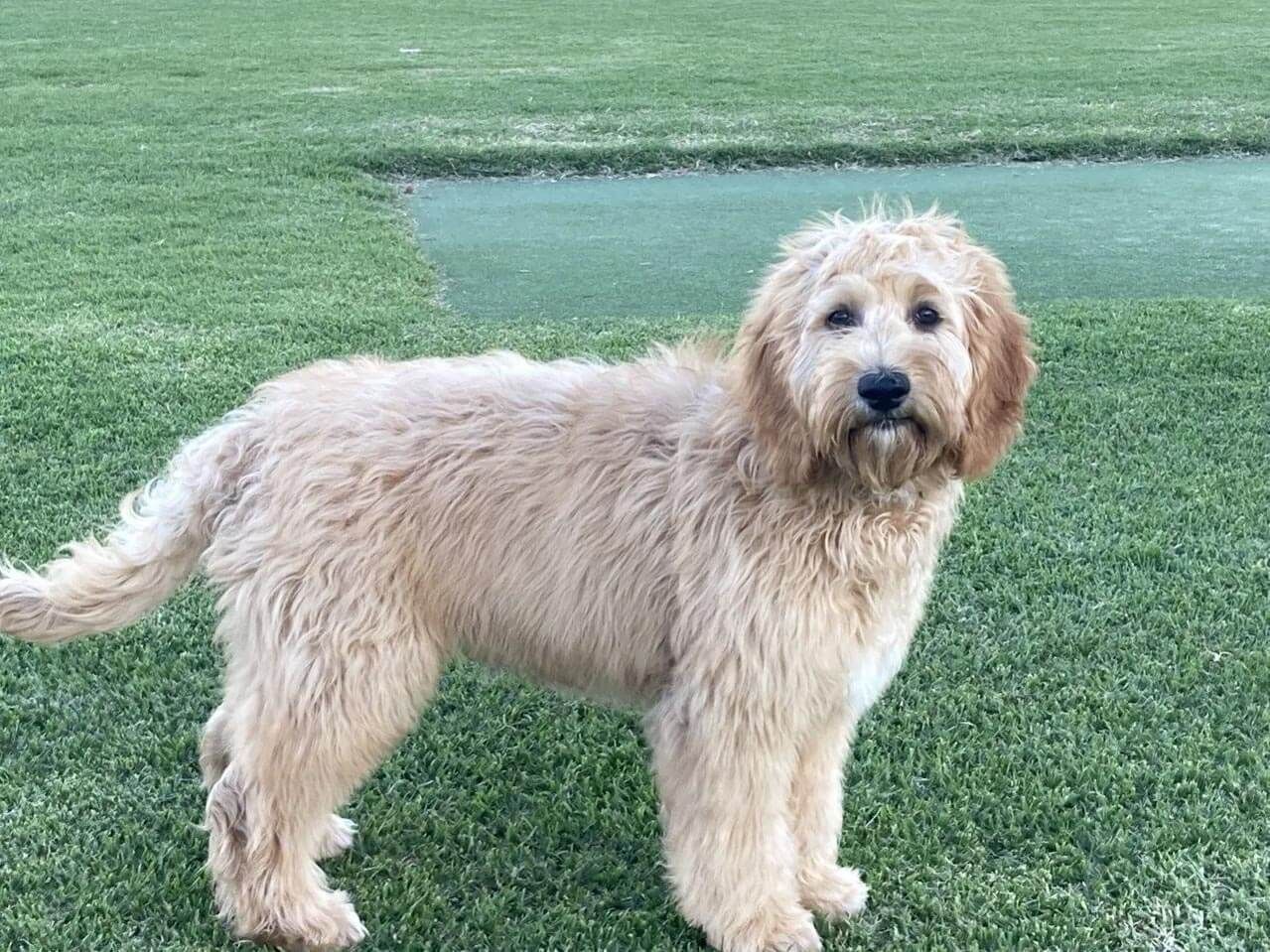Cavoodle Breed Info
| December 1, 2022

The Cavoodle is a variety of cross bred dog between the Cavalier King Charles Spaniel and the Poodle. Cavoodle or Cavapoos are small, charming, playful, and shaggy crossbreed dog variety. This warm-hearted pet is ideal for families with children of all ages. Their friendly public persona and ease of maintenance make them the most sought-after dog in Australia. Cavoodles are highly intelligent and simple to train. Cavapoos are ideal pets for upbringing in a small backyard, fenced garden or a city apartment. Cavoodles are extremely soft and fluffy dogs who enjoy cuddling. This makes them ideal companion as therapy dogs.
Cavoodle Breed Info: Cavoodle is a mixed breed dog. They are a hybrid of the Toy or Miniature Poodle and the Cavalier King Charles Spaniel. They inherit the DNA of both parents and exhibit both parents’ characteristics. Toy Cavoodles will grow to approximately 30-35 cms / 5-7 kgs and Miniatures average 40-45 cm / 8-12 kg. The average life expectancy is 10-14 years and is fully grown at the age of 10-12 months. Cavoodles should be bred only after 12 months of age. Though they come in all possible shades of the parents, the most popular colors are red, ruby, or chestnut and pure white are rare.
Parents Breeds: Cavoodles or Cavapoos are named after their parent dog breeds, the Cavalier and the Poodle. The Cavalier King Charles Spaniel is a toy dog breed from the United Kingdom and the Poodle is a water dog breed. Cavoodles combines the beauty of a Cavalier with the intelligence of a Mini Poodle. Due to the influence of the Cavalier King Charles Spaniel, the Cavoodle's body is shorter in height than average but frequently longer from head to tail.
Pros & cons of parent breeds: Cavoodle parent's lineage exhibits gentle, affectionate, and playful characters and are very friendly in nature. Both the Cavalier and the Poodle are easily trainable and require less maintenance and exercise and have a lesser propensity for allergies. Despite their luxurious fur, Cavoodles are hypoallergenic due to their parent DNA.
Both of the parent breeds are extremely emotional, need constant care, and actively seek approval. In a similar vein, Cavoodles cannot be left alone for an extended amount of time without developing separation anxiety. Cavoodles are not a choice for frequent travelers or workaholic owners. In general, Cavoodles are not a quiet breed. They have poodle-like vocalizations and could be noisy at times.
Advantages of cross-breeding: Crossbreeding has the main benefit of reducing the hereditary disorders that can exist in purebred dogs. Breeders scientifically analyze the DNA of any two particular dog breeds to assess the potential risk and benefits associated with cross breeding the two variants. Cross breeding helps to develop designer varieties of dogs tailored to a pet lover’s taste. Human race can be thankful to cross breeding technology to have raised designer dogs they fancy that are 2X healthy than pure bred.
F1 and F1b cross Genetic issues in Cavoodles and how to avoid it:
Genetic problems are less common in mixed or crossbred dogs than in purebred dogs. Most people believe that the advantages of the Cavoodle crossbreed outweigh the disadvantages and are a highly recommended designer breed. The gene pool of the parent breeds makes Cavoodles less prone to genetic disorders, but not to an absolute minimum. The most common are:
- Progressive Retinal Atrophy (PRA)
- Hip Dysplasia
- Cataracts
- Patellar Luxation
- Degenerative Mitral Valve Disease
- Epilepsy
- Syringomyelia
To avoid F1 genetic issues, reputable breeders put immense care in selective breeding and subject their animals to tests such as Hip and Elbow X-rays, as well as DNA testing. Toy Poodles are predisposed to hereditary diseases. Well-Known breeders will always choose Minis to produce healthy offspring. The breeder will carefully select the parents of each litter in order to emphasize desirable traits while minimizing flaws in their offspring.
Always try to breed F1B Cavoodles back to a healthy DNA Poodle so that they have a better chance of having non-shedding coats.
How to look after a Cavoodle:
- Cavoodles like to be in the presence of their favorite human beings. The first and foremost step in looking after a Cavoodle is to invest your time in them. A healthy dog's mental well-being is essential.
- Cavoodles need between 30 and 60 minutes of moderate exercise each day. This can involve regular strolls, unstructured playtime at a dog park, and cerebral exercise.
- Cavoodles are easily and gently trainable and do not require harsh or coercive training. They generally are well-behaved dogs.
- Maintain the naturalness of your Cavoodle's fur by grooming it regularly.
- Cavoodles typically eat small amounts of food at a time. But since they eat less, food should always provide all of the nutrients they require, including proteins, minerals, and crabs. Do not opt for a low-quality food brand.
- Pay attention to following the vaccination guidelines and undergo routine clinical examinations. This will aid in the early detection and treatment of a variety of ailments.
Grooming requirements for Cavoodles:
Brush Cavoodles at least once a week to prevent tangling of their fur close to their skin. This is an excellent supplement for a professional groom every six to eight weeks, depending on how long you want your pooches to have their fur. Those with a Cavalier coat require less brushing but shed more, whereas those with a Poodle coat shed less but require daily brushing.
Clipping them is a popular option because it makes their coat more manageable. It is advisable to chip Cavoodles in accordance with the local weather conditions or seasonal changes.
Bathing once every four weeks is generally recommended. If they are too muddy after a great game, do not hesitate to wash them immediately.




